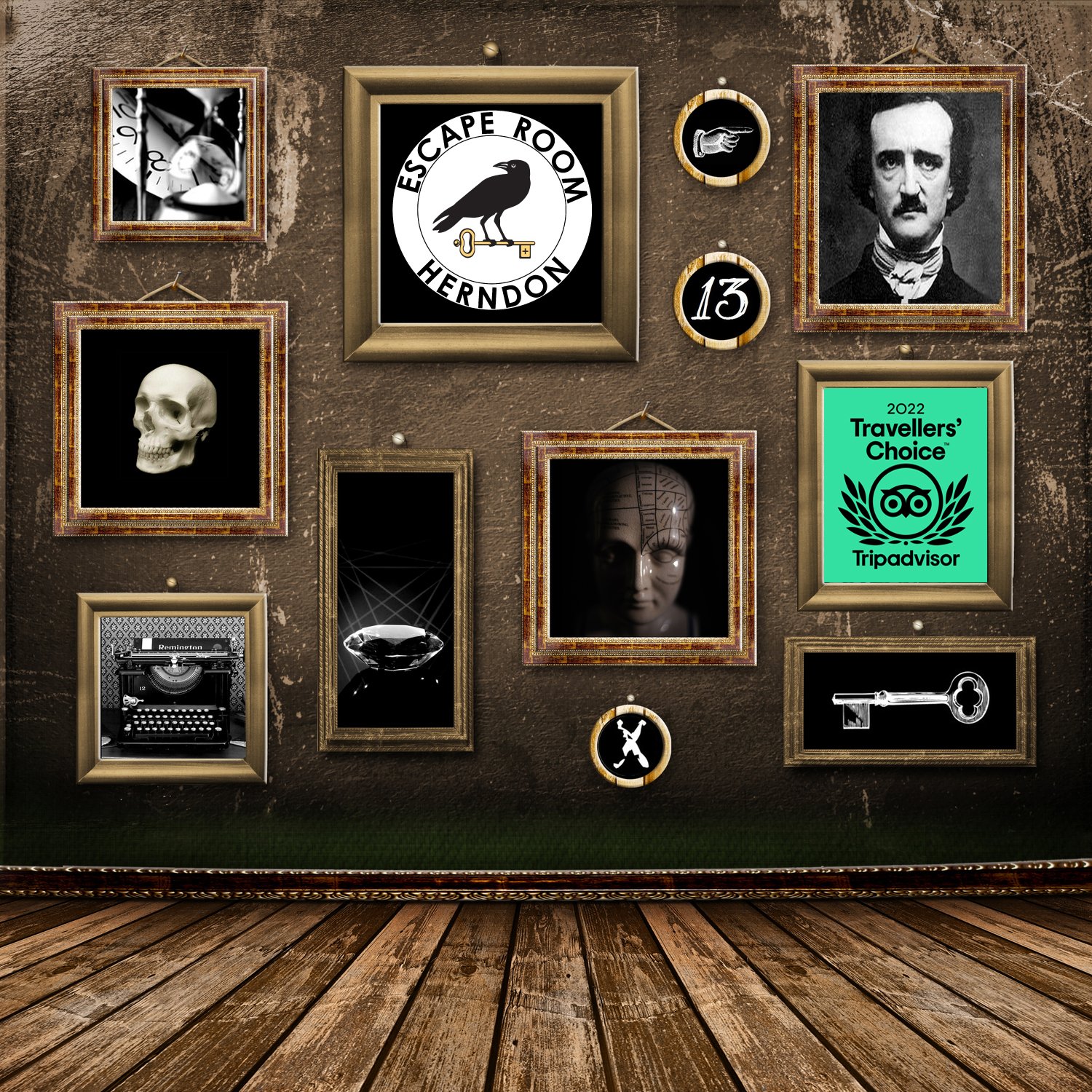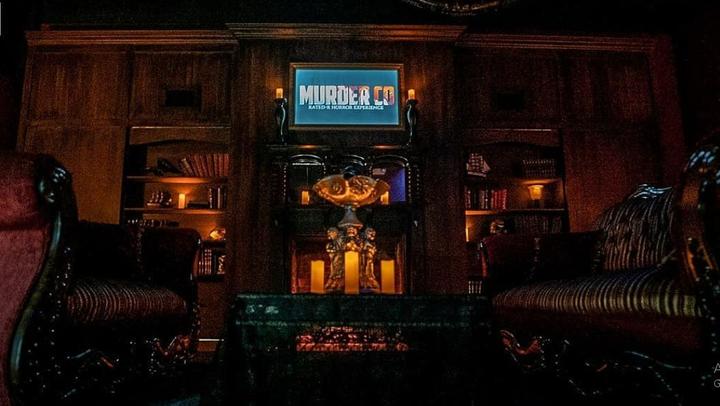Team Approaches: Just How to Team up Efficiently in an Escape Area
Navigating the intricacies of a retreat space demands greater than simple interest; it calls for a well-coordinated method grounded in clear interaction, calculated role projects, and proficient time management. Teams have to proactively listen per participant's insights, designate functions that straighten with private toughness, and maintain regular check-ins to make certain focus and stop redundancy. By cultivating an environment that values cohesion and adaptability, teams can significantly enhance their effectiveness and success rates. The nuances of these methods can transform the experience, but exactly how precisely can they be applied to optimize the possibility for success?
Establish Clear Communication

To assist in clear communication, it is crucial to mark a central factor of get in touch with for information dissemination. Brief, concentrated updates from each team member can maintain the team notified without frustrating them with information.

Appoint Functions Strategically
While clear communication establishes the foundation for effective teamwork, assigning roles tactically makes sure that each group participant's staminas are used effectively. In an escape space scenario, the time-sensitive and intricate nature of obstacles necessitates a well-organized technique to task delegation. By identifying and leveraging individual competencies, groups can enhance their analytic capacities and improve total efficiency.
A person with a keen eye for information could stand out in discovering concealed things, while a logical thinker can be much better matched to fixing puzzles. This function often requires solid business and social skills.
2nd, make certain that duties are adaptable and adaptable. As brand-new difficulties emerge, the group has to have the ability to pivot, reallocating jobs as required. This adaptability assists maintain energy and avoids traffic jams that can occur as a result of stiff duty tasks.
Eventually, a tactical approach to function job not only makes best use of the toughness of each employee yet also promotes a cohesive environment, driving the team towards an effective getaway.
Use Diverse Abilities
Acknowledging and taking advantage of the varied skills within your group can significantly boost your efficiency in an escape room. Each employee brings distinct staminas to the table, and effectively leveraging these capacities can speed up analytical and improve general performance. A group participant with click this solid analytical abilities might succeed at deciphering complicated codes or patterns, while another with keen observational capacities might swiftly identify hidden ideas that others might neglect.
Efficient communication is key to utilizing these diverse abilities. Motivate staff member to articulate their insights and ideas quickly, ensuring that all prospective remedies are considered. This inclusive approach promotes a vibrant setting where creative thinking and essential thinking can grow. Additionally, assigning tasks that straighten with each participant's staminas can prevent bottlenecks and ensure that development is constant.
Additionally, variety in skills commonly converts to variety in believing designs, which is invaluable in a getaway space setup. While some obstacles may need rational thinking and accuracy, others may benefit from imaginative and association of ideas. By recognizing and leveraging this diversity, groups can address a more comprehensive series of obstacles more efficiently, therefore increasing their possibilities of a successful retreat.
Manage Time Successfully

First, assign initial mins for a fast study of the area. Recognize visible challenges and separate tasks based upon group members' strengths, making certain that no one is still. Establish inner time checkpoints to assess development periodically; Full Report for example, goal to have half the puzzles solved by the mid-point of the video game. This practice can aid maintain the team concentrated and avoid time from slipping away unnoticed.
Additionally, prevent one-track mind. If a puzzle is taking too long, rotate staff member or move on to an additional obstacle, returning later on with fresh perspectives. Communication is critical-- maintain everybody upgraded on fixed puzzles and staying jobs to stay clear of redundant efforts.
Last but not least, utilize any type of hints or ideas sparingly however purposefully - best escape room. Recognizing when to request for assistance can conserve important time. By sticking to these time monitoring principles, groups can considerably improve their chances of a successful and pleasurable getaway area experience
Debrief and Show
Reflection is a necessary aspect of team advancement and renovation in the context of retreat areas. Once the challenge is completed, whether effectively or otherwise, it is critical for the team to take part in a structured debriefing session. This process official site allows team members to examine their efficiency, recognize strengths, and pinpoint locations for renovation.
Begin the debrief by discussing what worked out. Highlight particular instances of reliable interaction, analytic, and partnership. Recognizing these favorable behaviors strengthens them and motivates their rep in future obstacles.
Review moments of complication, miscommunication, or ineffective strategies. Motivate an open and constructive dialogue where team members can share their viewpoints without worry of objection.
Conclusion
In conclusion, effective collaboration in a getaway space is based upon clear interaction, strategic role tasks, the reliable application of varied skills, and efficient time management. Routine check-ins and organized debriefings are vital for keeping emphasis and fostering constant enhancement. By developing a natural and adaptive group environment, the possibility of efficiently resolving puzzles and accomplishing the objective of getting away the room is substantially improved. This method not just makes certain success but also promotes collective development and learning.